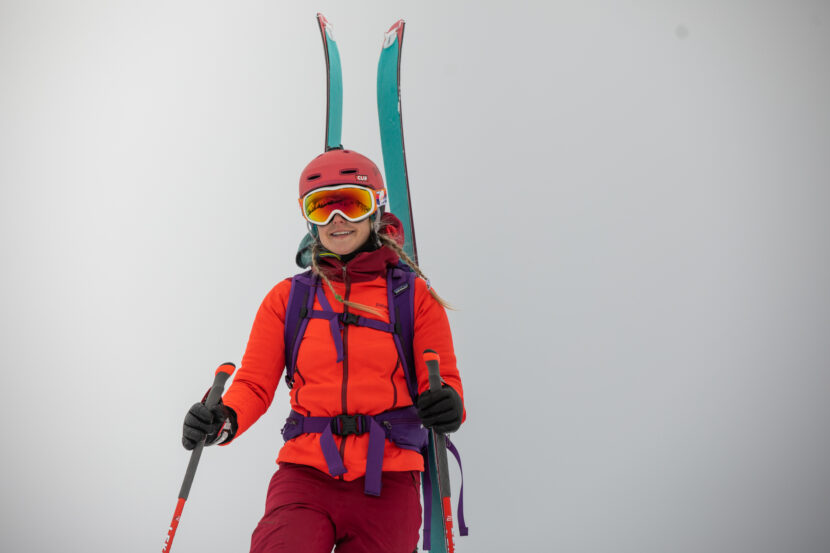“Everest” On Skis
Seeing firsthand how climate change is affecting mountain communities and how important it is for the world to transition to a renewable energy future, I’m going to climb up and ski down for 24 hours or until reaching 29,031’/8848m, whichever comes first.
I’m encouraging folks to join me and sign up for Protect Our Winters for their March #CrushIt4Climate Challenge and donate to Utah Clean Energy for the Running Up For Air Series.
Sign up with POW:
Utah Clean Energy Fundraiser Page:
https://www.givesignup.org/carolinegleich
I’ve done a lot of 12-18 hour pushes in the mountains before, but this will be my first 24 hour push. I’m excited and nervous to see where my mind and body will take me.
I’m doing the challenge starting Sunday night, March 7 at 6 pm at Brighton Ski Area up and down the groomer on the Great Western Lift. Brighton has been incredibly friendly to the uphill ski community, hosting races and other events, and they have committed to achieving net zero emissions by 2030, which I hope other ski resorts will follow!
As a ski mountaineer, I’ve seen that we can no longer expect historic weather patterns to be indicators for future planning, especially in volatile alpine environments. In the Himalayas, air temperatures have already risen by nearly two degrees Fahrenheit since the start of the 20th century. Permafrost is melting, as are the glaciers that provide reliable water sources for millions of people.
Climate change is not a thing of the future – it’s happening now. In my home in Utah, our historically light, fluffy powder is changing as temperatures warm to the extent that our state’s slogan – the Greatest Snow on Earth – may no longer hold true. The average amount of snow in the West has dropped by 41% since the early 1980s. By 2090, projections indicate Park City will lose all of its snowpack. Nationally, low-snow years have a negative impact on jobs and the economy, costing us more than $1 billion and 17,400 jobs.
In my role as an ambassador for Protect Our Winters, I have worked diligently to educate the outdoor recreation community on the systemic policy changes needed to reduce greenhouse gas emissions at scale. Now is the time to require polluters to pay for their emissions by setting an economy-wide price on carbon. This is a market-based solution that can garner bipartisan support. We must invest in a clean energy economy and move toward achieving net zero emissions by 2050, if not sooner. Now is the time to reduce emissions from our transportation sector by rapidly deploying zero-emission vehicles nationwide. And, perhaps closest to my heart, we have to protect public lands, our national treasures, from fossil fuel extraction.
Follow along on my Instagram during the event and stay tuned for a recap!

